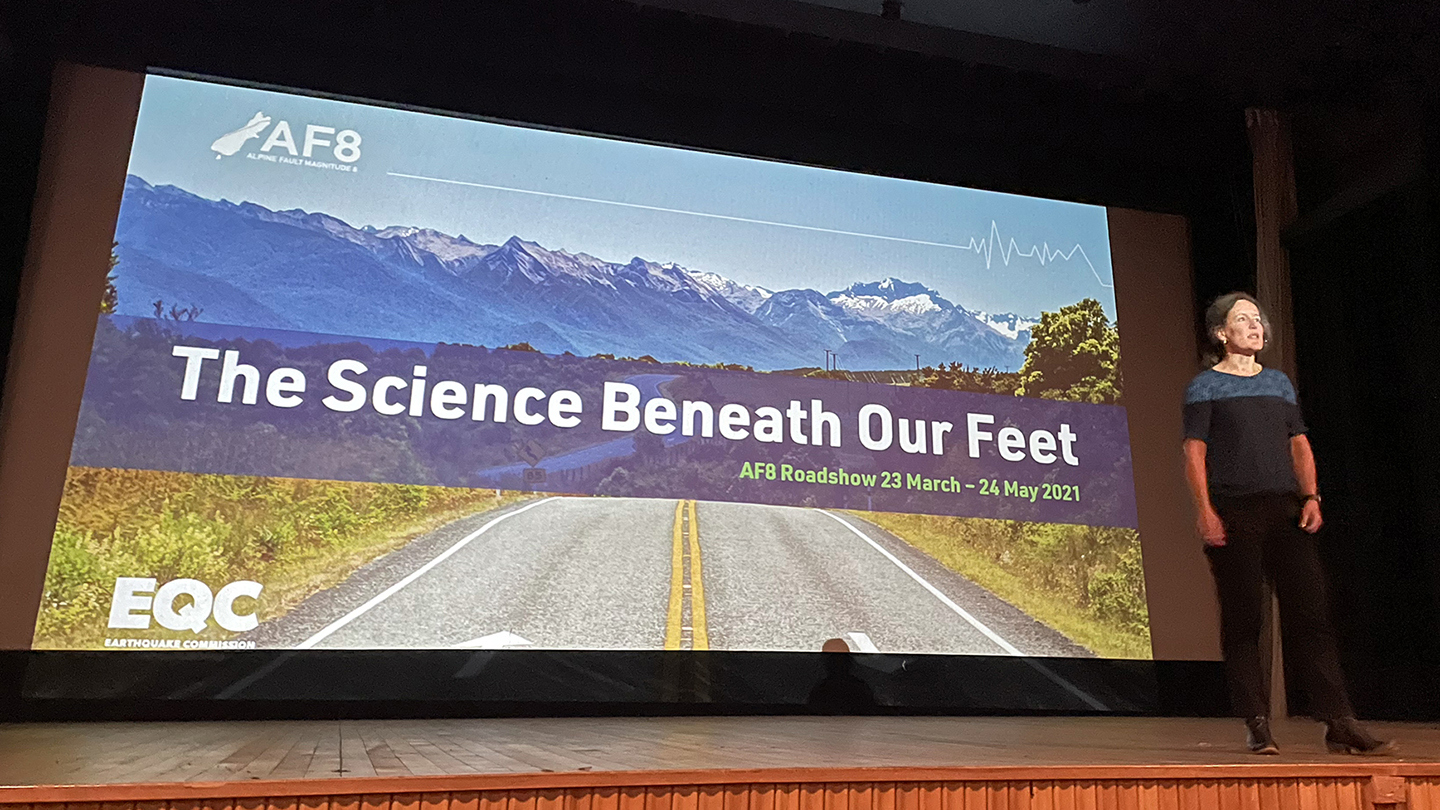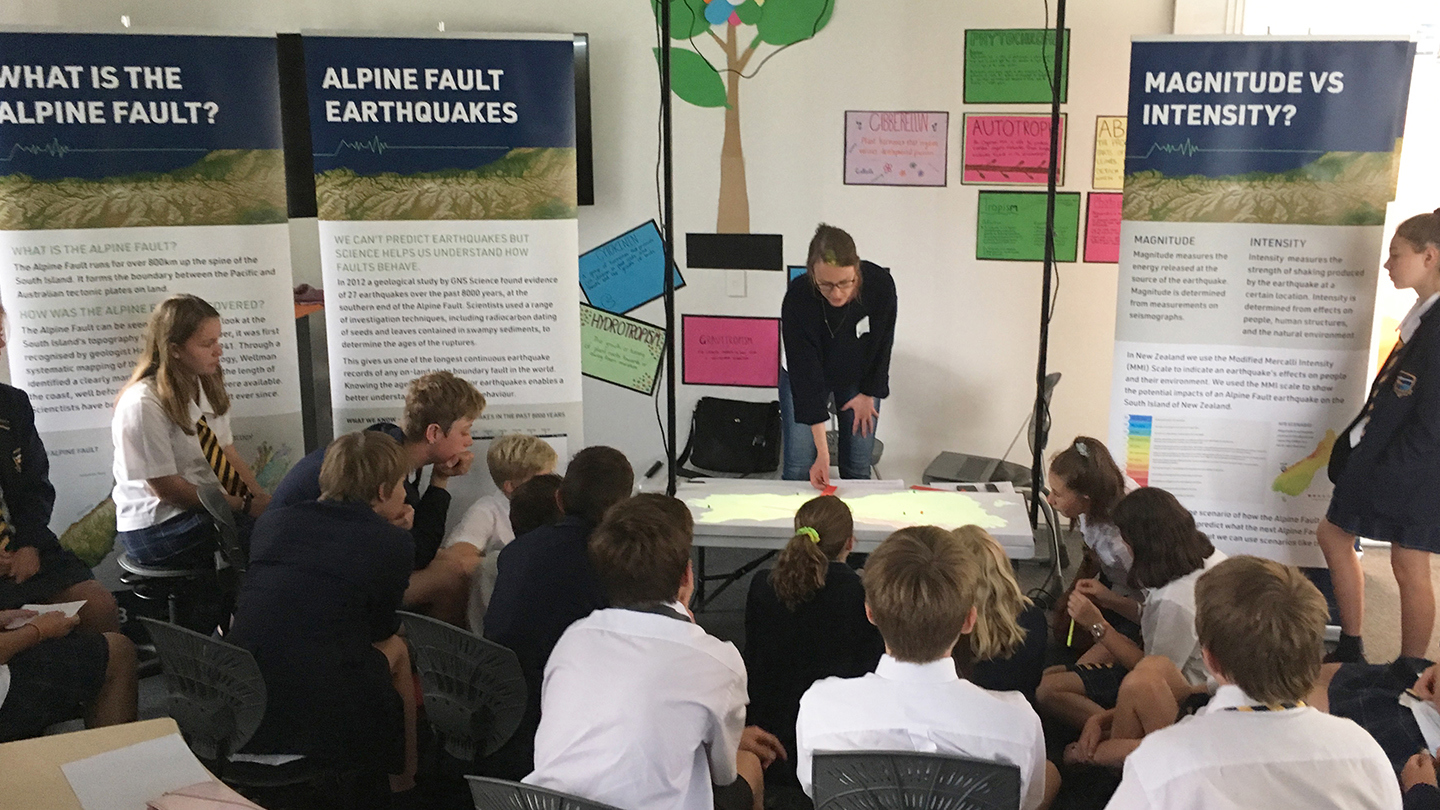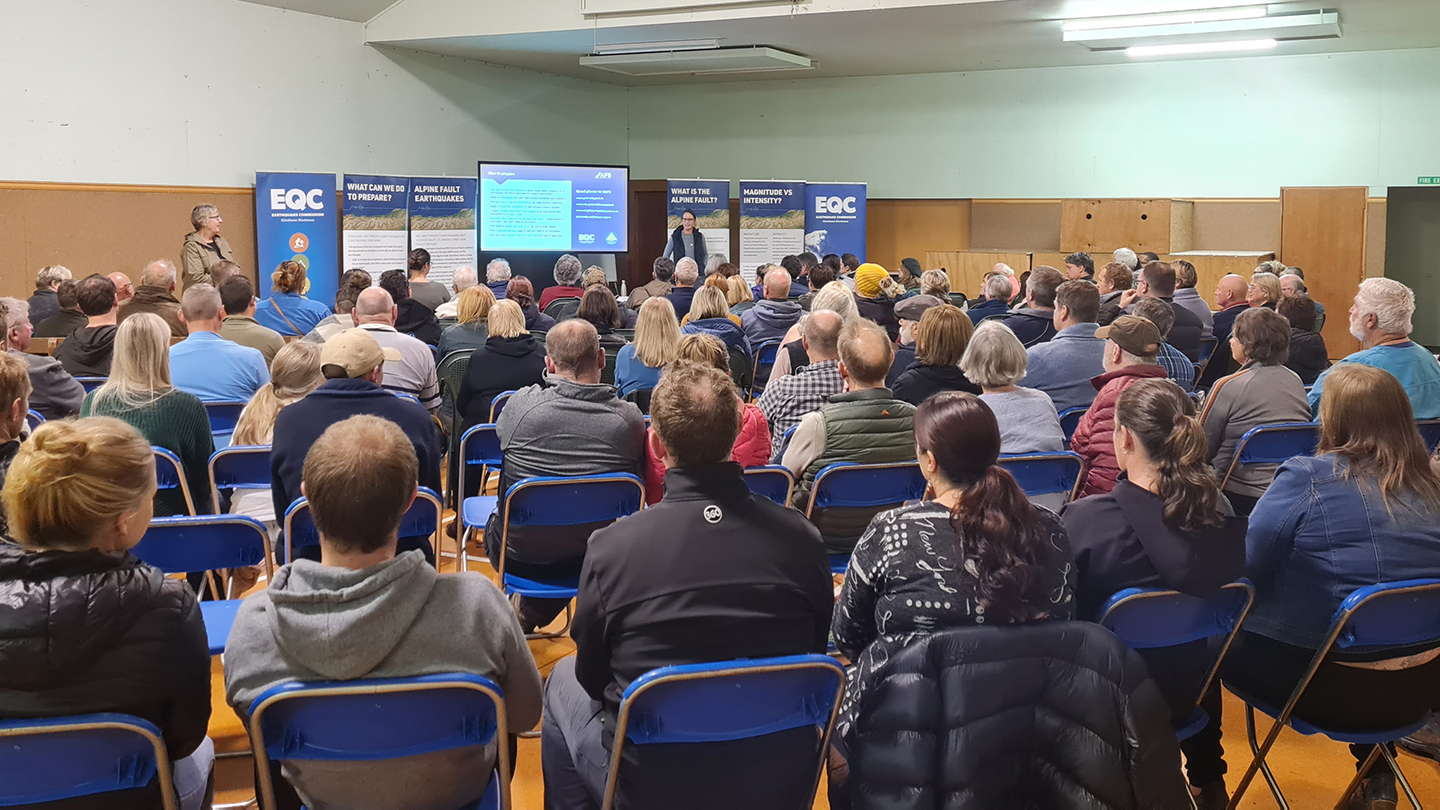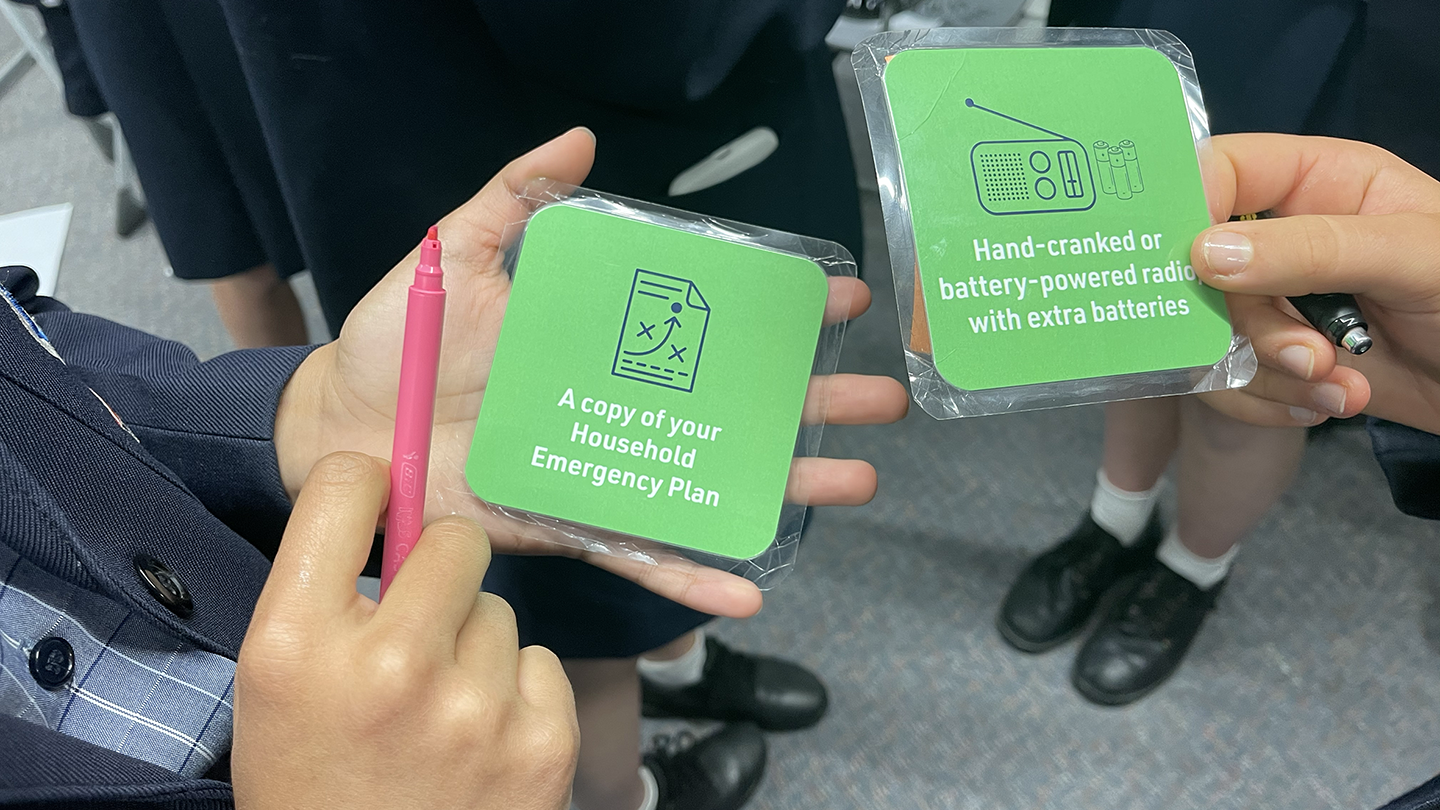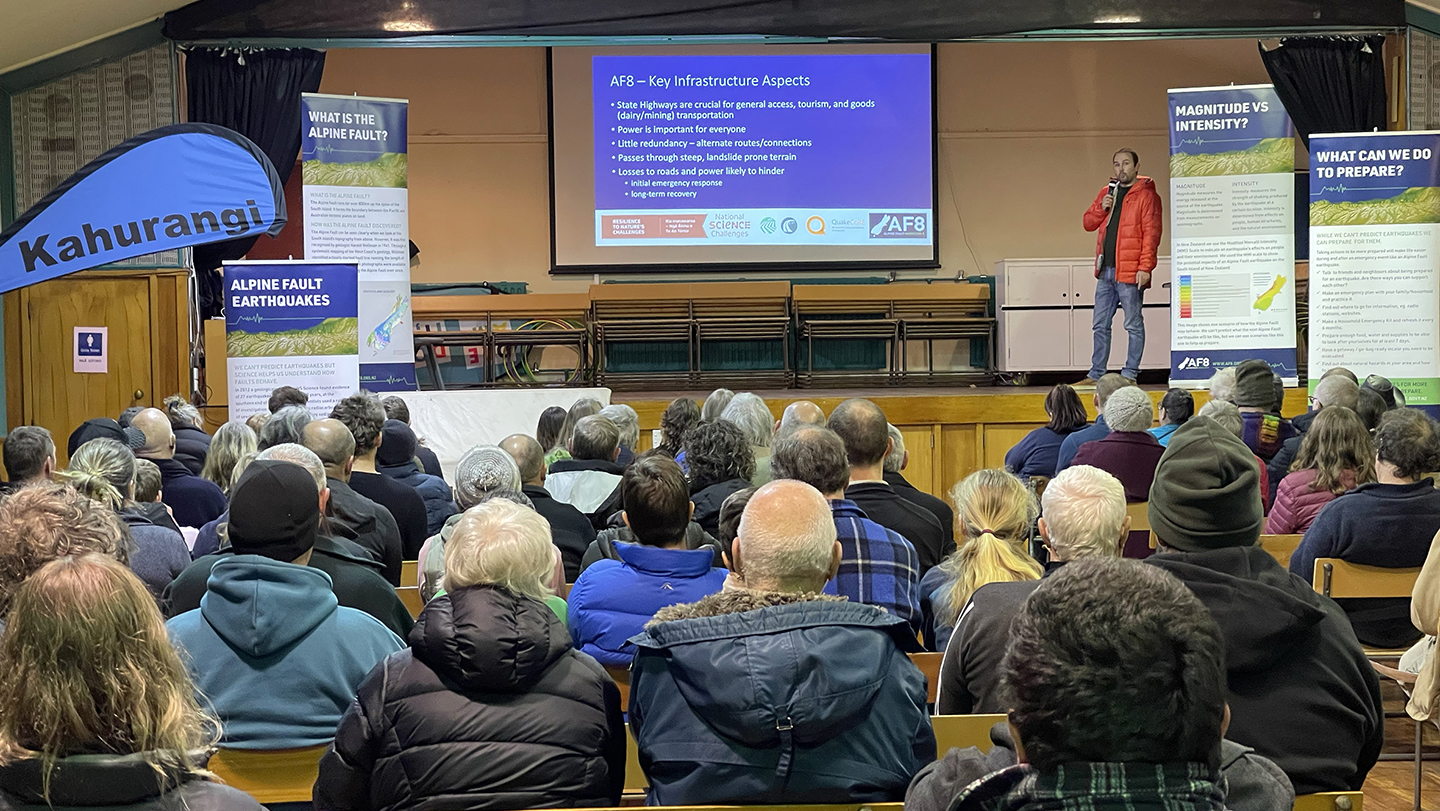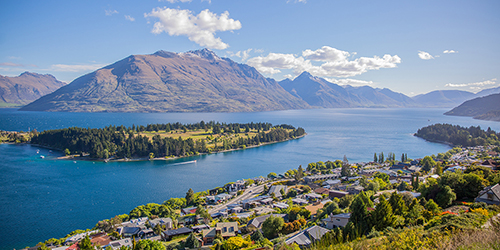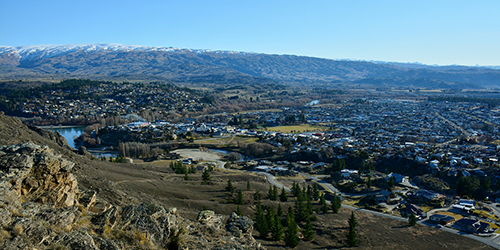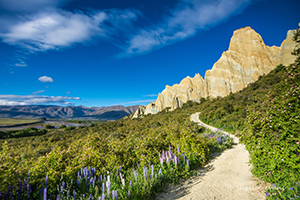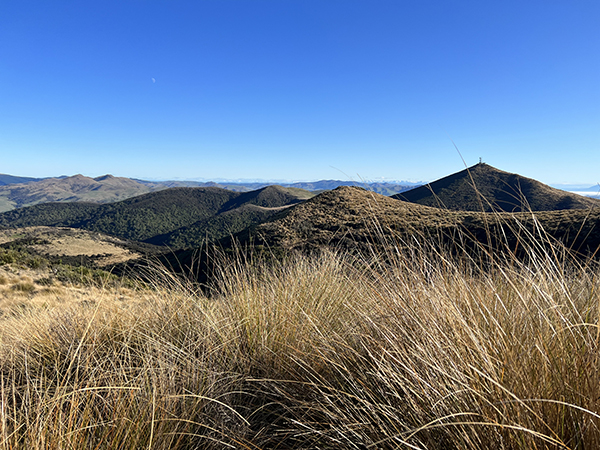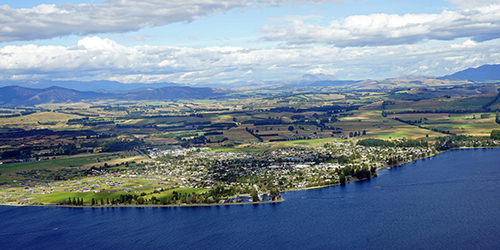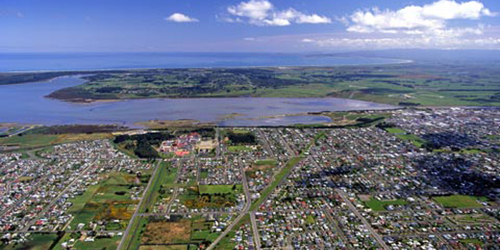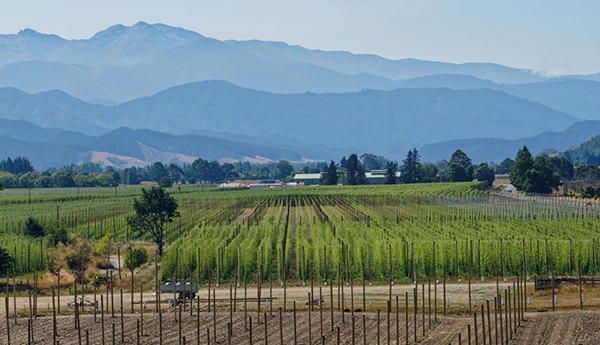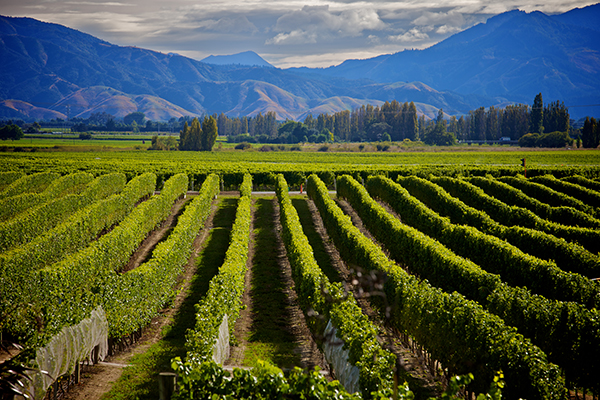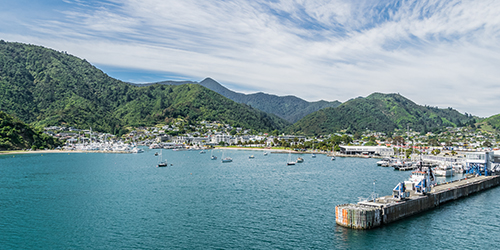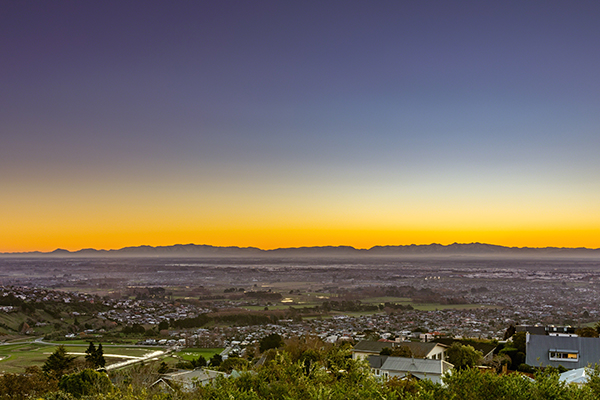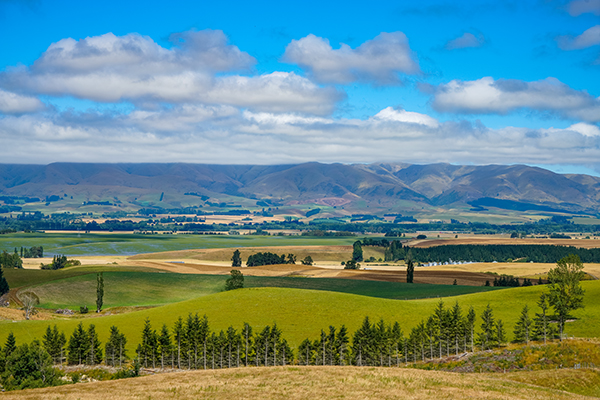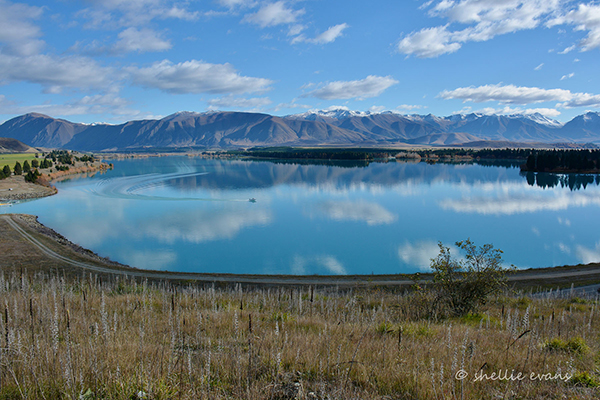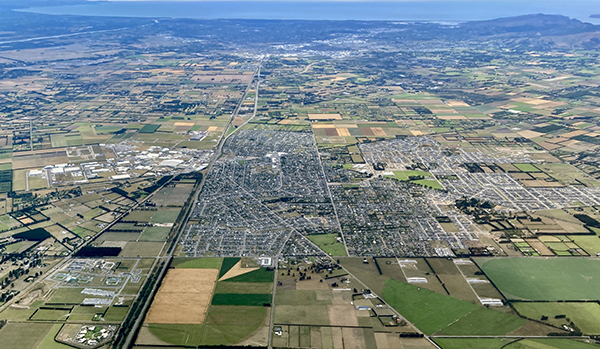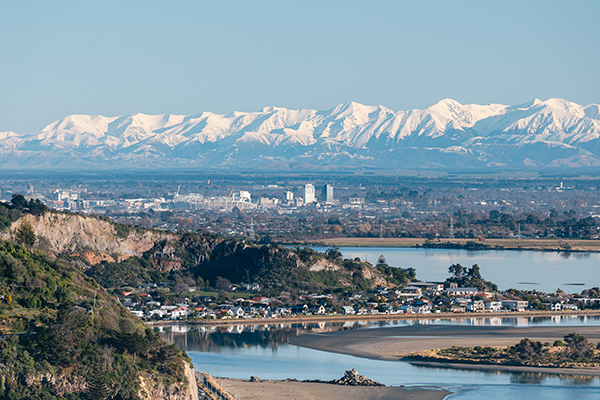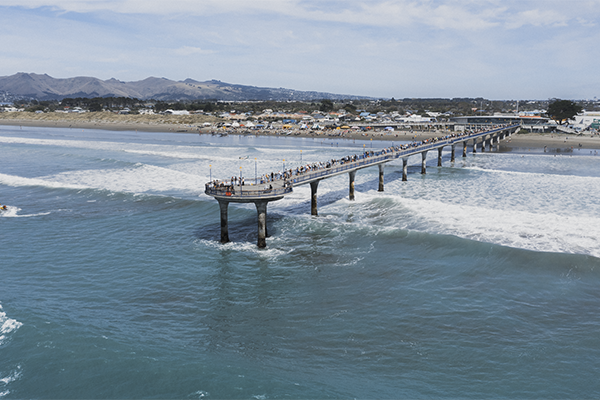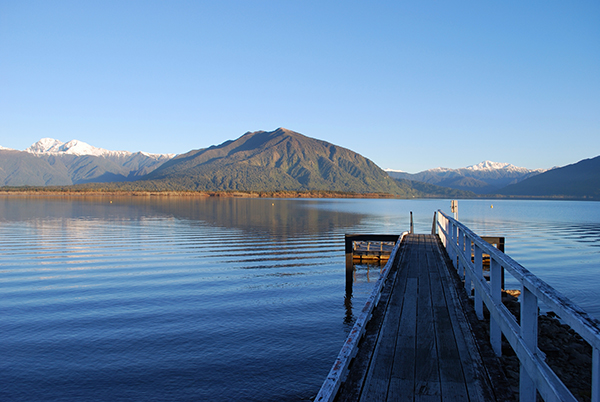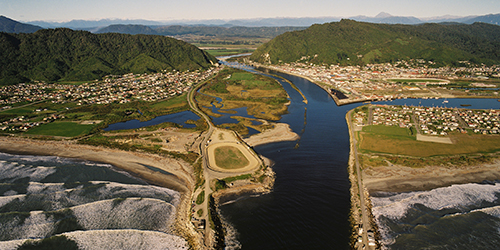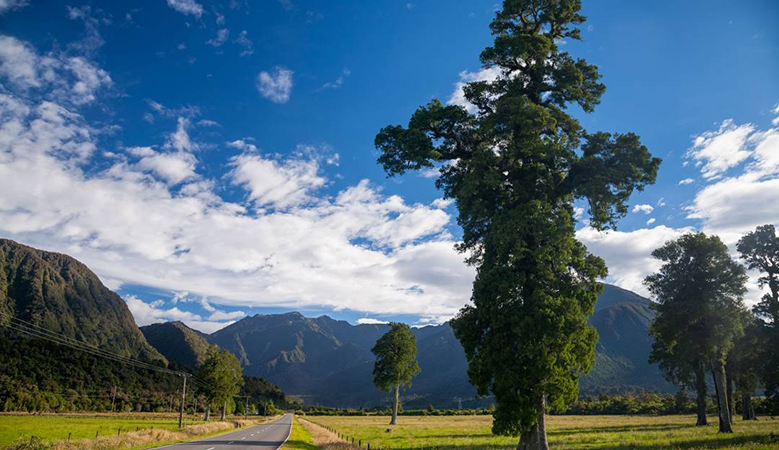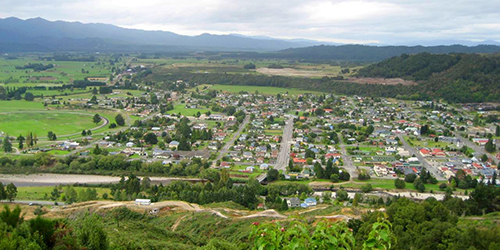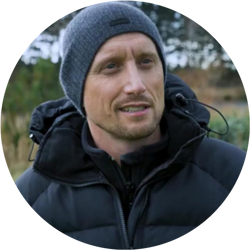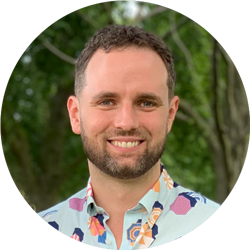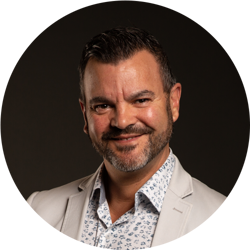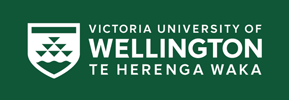The AF8 Roadshow: The Science Beneath Our Feet shares Alpine Fault hazard science with communities likely to be impacted by the next Alpine Fault earthquake. It is designed to enable conversations, activate local knowledge, and support informed decision-making to increase awareness of, and our preparedness for, a future event. While we can’t predict when earthquakes will occur, scientific research has shown that the Alpine Fault has a history of generating regular, large earthquakes. The next event is likely to occur within the lifetime of most of us, or our children and young people, for whom this is likely to have major short and long-term impacts.
New Zealanders are excellent at coming together to support each other in an emergency. The AF8 Roadshow encourages people to have these conversations in advance, so we can be better prepared for a future event. By making the Alpine Fault hazard science available in a community setting, sharing it in a local context where it is of most relevance to that community, this is where it comes alive and where we see actions beginning to be taken. Whether that be identifying local resources and expertise or the beginnings of a community plan, anything we do now will make a difference in the future and the AF8 Roadshow provides a space where informed conversations can happen.
The AF8 Roadshow is held biennially, and includes public talks and school visits hosted by Emergency Management Groups around the South Island.

